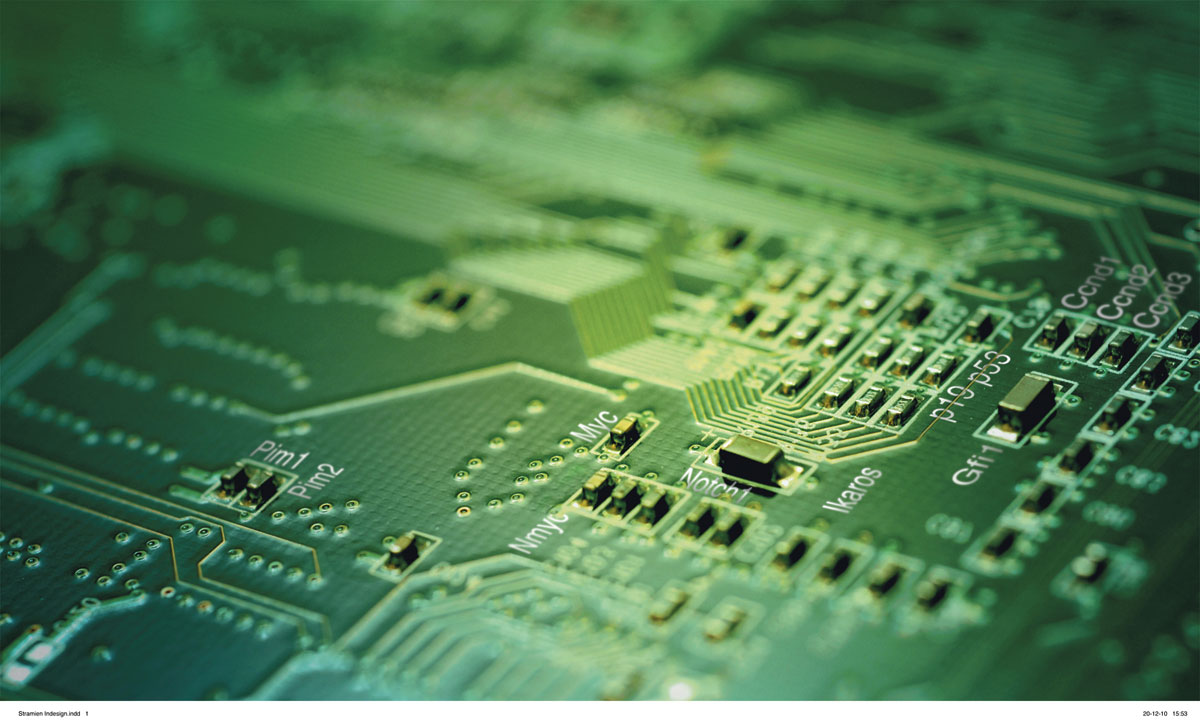A recent article on colon cancer, published in ‘Nature Genetics’, identifies many more cancer genes than expected. The biologists used a data analysis tool developed at TU Delft, in collaboration with the Netherlands Cancer Institute.
To identify genes involved in colon cancer, the researchers used mice as a model for human cancer formation. The mice carry a piece of DNA that can jump to another location, causing a mutation there. Fittingly named the ‘Sleeping Beauty’ transposon, the gene only jumps once it has been ‘kissed awake’ by a certain chemical.
The result is widespread mutations throughout the mouse genome. Some of the mutations may be harmless, others can prove fatal.
Molecular biologists from the Sanger Institute (UK) collected and read DNA from more than 400 mouse colon tumours. These tumours carry the genetic mutations that cause cancer, but also harmless mutations. How to tell these apart?
That’s where the bio-informatics researchers from TU Delft come in. Dr Jeroen de Ridder (EEMCS), co-author of the article, explains that large numbers of tumours are essential for the analysis. The method that he and his colleagues developed calculates the likelihood of the presence of a certain mutated gene in multiple tumours on the basis of coincidence. The lower the probability, the more likely it is that the gene plays an active part in cancerous growth. In all modesty, De Ridder says their method, which is called Gaussian Kernel Convolution (GKC) and was developed in 2006 in collaboration with the Netherlands Cancer Institute (NKI), has become a world standard in bio-informatics analysis of ‘insertional mutagenesis screens’.
“We found many more cancer genes than expected,” says De Ridder, referring to the colon cancer study. More than 800 genes with mutations were identified, of which more than 200 have been suggested to be deregulated in human colorectal cancer. “Many genes can contribute to tumour growths in combination with other genes.” Analysis of the data yielded no less than 38 genetic networks involved in cancer formation.
“Our analysis has shown that large numbers of genes are involved in tumours, but not all players may be equally important,” says De Ridder. It is now suggested that some mutations are actively driving towards cancer growth and other mutations are more like passengers picked up along the way as the disease develops. Researchers are now trying to tease out those key drivers.
’Nature Genetics’, 6 November 2011, doi:10.1038/ng.990
Tijdens het winterweer vorige maand begaven veel treinen het. Omdat een deel daarvan nog in reparatie is, rijdt de NS deze weken met kortere treinen. Om overvolle treinen te voorkomen, wil de NS reizigers stimuleren buiten de spits te reizen.
Zoutkaartje
Vorige week voerde de NS al het zoutkaartje in. Na kritiek van reizigersorganisatie Rover komt daar nu een regeling voor vaste klanten bij: buiten de spits mogen jaarkaarthouders eerste klasse reizen, krijgen reizigers met een eerste klasse abonnement koffie en thee en wie een voordeelurenkaart heeft, mag ’s avonds na zeven uur met een railrunnerkaartje reizen.
Contractpartner
Studenten vallen buiten de boot, die zijn namelijk geen ‘contractpartner van de NS’. “Onze vaste abonnementhouders proberen we met deze aanbiedingen te verleiden, we denken dat dat voldoende effect heeft”, zegt een woordvoerder.
Onvoldoende
Reizigersvereniging Rover vindt de maatregelen ‘onvoldoende’ en wil dat ook studenten tijdelijk in de eerste klasse kunnen reizen. De organisatie wil bovendien compensatie voor spitsreizigers. “De NS lijkt nog niet te begrijpen dat de meeste reizigers niet voor hun lol in de spits reizen, zeker momenteel niet.”
Normale weg
Volgens de NS gaat het niet om een ‘compensatieregeling’. Reizigers die vorige maand vertraging ondervonden, kunnen via de normale weg (een deel van) hun treinkaartje terugvragen, aldus de woordvoerder. “Het gaat ons om het verminderen van drukte in de spits.”



Comments are closed.